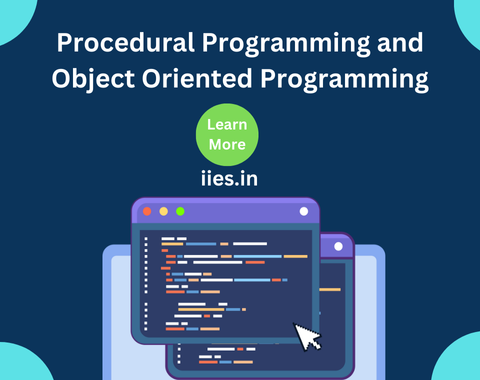OOP-OBJECT ORIENETED PROGRAMMING:
Aspect | Function | Object |
Purpose | To perform a specific operation or task | To represent an entity with state and behavior |
State | Functions don’t maintain state (unless static) | Objects maintain their own internal state |
Behavior | Functions encapsulate behavior (operations) | Objects have behavior through methods |
Focus | Operations on data | Data and the behavior that acts on it |
Programming Paradigm | Procedural Programming | Object-Oriented Programming (OOP) |
Example | int add(int a, int b) | class Car { int speed; void accelerate(); } |
While objects encapsulate both state and actions, typically in OOP-based design. Functions are more focused on behavior, while objects combine both data and the behavior that manipulates it.
Comparing Procedure oriented and object oriented programming:
Features of c++:
1. Object oriented programming concepts
2. Encapsulation
Objects encapsulate data and methods.
3. Modularity:
OOP encourages breaking code into objects that model real-world entities.
4. Rich set of library:
- Data structures:vector, list, map, etc.
- Algorithms: Sorting, searching, and manipulation.
- Iterators: For navigating through collections.
5. Backward Compatibility
C++ is derived from C and maintains backward compatibility, meaning it can directly use C libraries. This ensures that legacy systems written in C can be integrated with modern C++ code.
6. Cross-Platform Development
C++ is platform-independent and can be used to write programs that compile and run on multiple operating systems with minimal modification. This makes it suitable for software like browsers, database systems, and mobile applications.
7. Portability
C++ is platform-independent, meaning programs written in C++ can be compiled and run on various operating systems (Windows, Linux, macOS) with minimal changes.
8. Low-Level and High-Level Capabilities
Low-Level Programming: Provides fine control over hardware, memory management (e.g., pointers), and system resources.

